Tag: education
-
Voters decided 12 education-related ballot measures on Nov. 5, rejecting three measures that would have expanded school choice policies
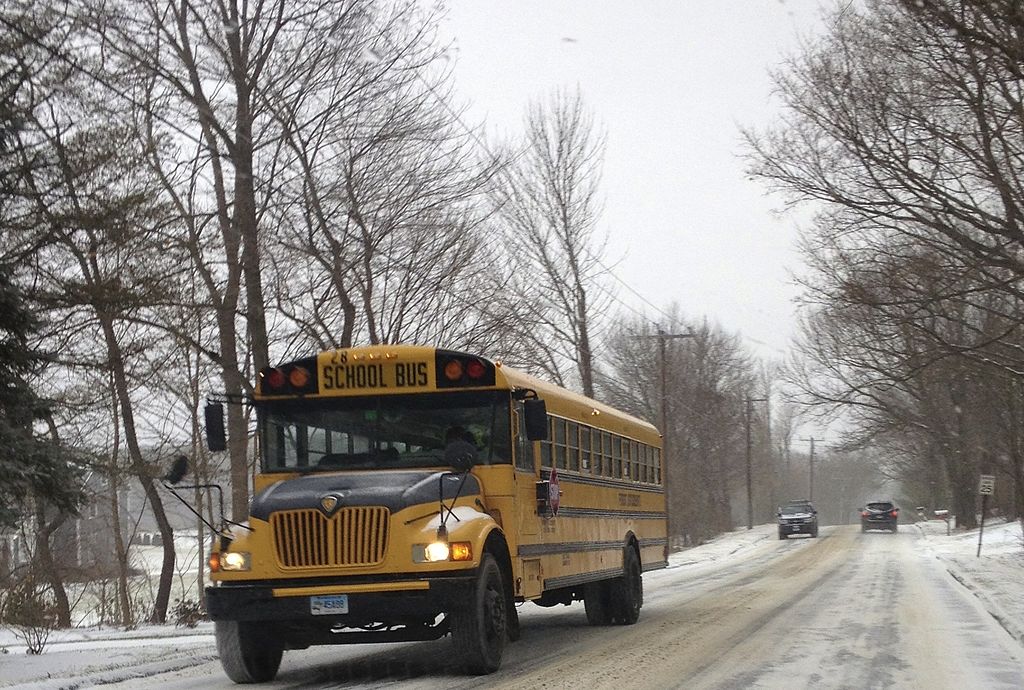
Voters decided on 12 education-related ballot measures—the most in 18 years—on Nov. 5. The ballot measures covered various education-related topics, including school choice programs, non-public education, standardized testing, school board elections, and school governance and funding. Measures were on the ballot in Alabama, Arkansas, California, Colorado, Florida, Kentucky, Massachusetts, Nebraska, Nevada, New Mexico, Rhode Island,…
-
Massachusetts certifies four ballot questions on standardized testing, state legislature audits, transportation network drivers, and psychedelic substances

Secretary of State William Galvin (D) announced that four of the five initiatives that submitted verified signatures on July 3 had qualified for the ballot. The initiatives address standardized testing for graduate high school; auditing the state legislature; unionizing and collective bargaining for transportation network drivers; and providing regulated access to certain psychedelic substances. One…
-
Kentucky voters to decide on amendment that would provide for state funding for non-public schools

In Kentucky, the legislature passed a constitutional amendment allowing laws to provide state funding for non-public education. The amendment will appear on the ballot for voters to decide on Nov. 5, 2024. State Rep. Suzanne Miles (R-7) introduced the constitutional amendment as House Bill 2 (HB2). The constitutional amendment was approved by the Kentucky House…
-
Californians for Financial Education submitted 900,000 signatures for an initiative that would require a personal finance course in high school

Californians for Financial Education announced on March 12 that the campaign had submitted nearly 900,000 signatures for an initiated state statute that would require a personal finance course as a requirement to graduate high school. The measure would require students graduating during the 2029-2030 academic year to complete a one-semester personal finance course. The measure…
-
Florida expands education savings account (ESA) program
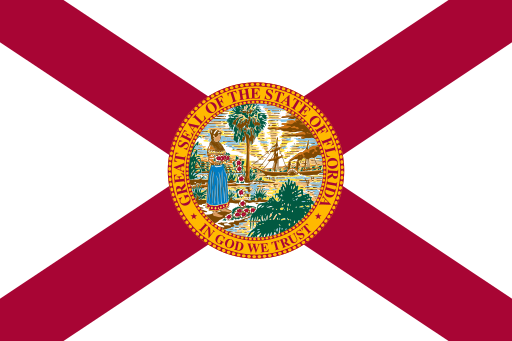
On March 27, Florida Gov. Ron DeSantis (R) signed a measure that expands the state’s Family Empowerment Scholarship program. The expanded program will provide K-12 students with around $7,500 for educational expenses outside of the public school system, including private school tuition, tutoring, and homeschooling expenses. The Family Empowerment Scholarship was created in 2014 and…
-
Connecticut announces plan to develop Native American studies curriculum for K-12 public schools
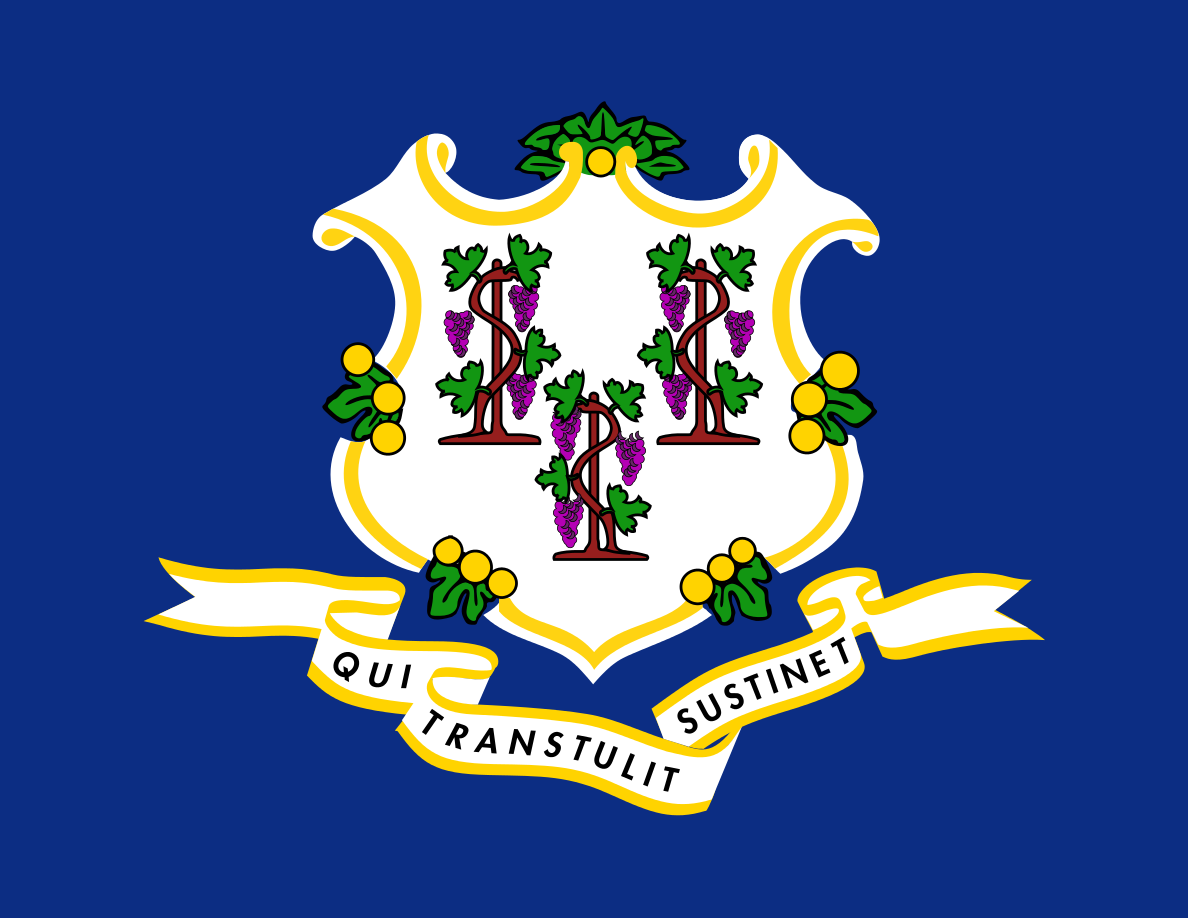
Governor Ned Lamont (D) and the Connecticut State Department of Education (CSDE) announced a partnership with state tribal leaders on November 30, 2022, to develop a Native American studies model curriculum for K-12 students. The announcement follows legislation signed by the governor in June 2021. The bill established new subject matter requirements, including a requirement…
-
Virginia education agency proposes new history standards in public schools
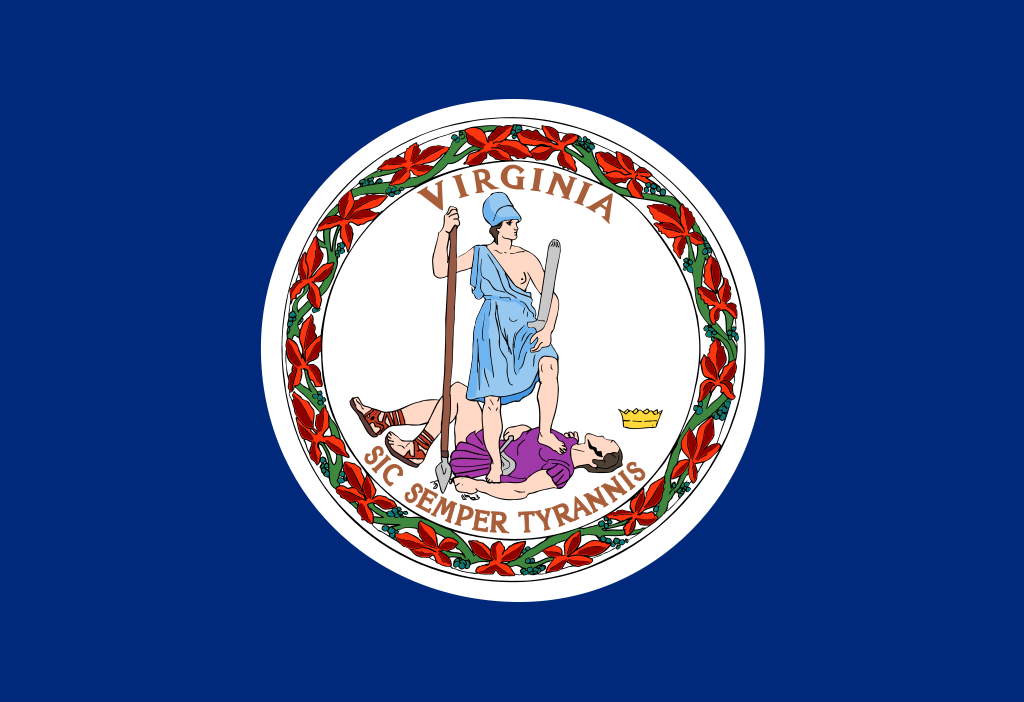
The Virginia Department of Education proposed new standards on November 11, 2022, that aim to provide guidance to the state’s public schools on the Glenn Youngkin administration’s (R) preferred approaches to teaching Virginia and U.S. history. Every seven years, the Virginia Department of Education is required to update its History and Social Science Standards of…
-
Six states sue Biden administration over student loan forgiveness plan

Six states filed a joint lawsuit against the Biden administration on September 29 to block the federal government’s plan to forgive up to $20,000 of federal student loans per person. The states allege the administration overstepped its executive authority and was “not remotely tailored to address the effects of the pandemic on federal student loan…
-
Virginia education agency proposes policies to clarify approaches to transgender students in public schools

The Virginia Department of Education proposed new policies on September 16, 2022, that aim to provide guidance to the state’s public schools on the Youngkin administration’s preferred approaches to transgender students. The new policies depart from former Democratic Governor Ralph Northam’s administration guidelines, which encouraged schools to let students use names and pronouns aligning with…
-
Hillsborough County School Board approves sex education curriculum for seventh, eighth, and ninth grade
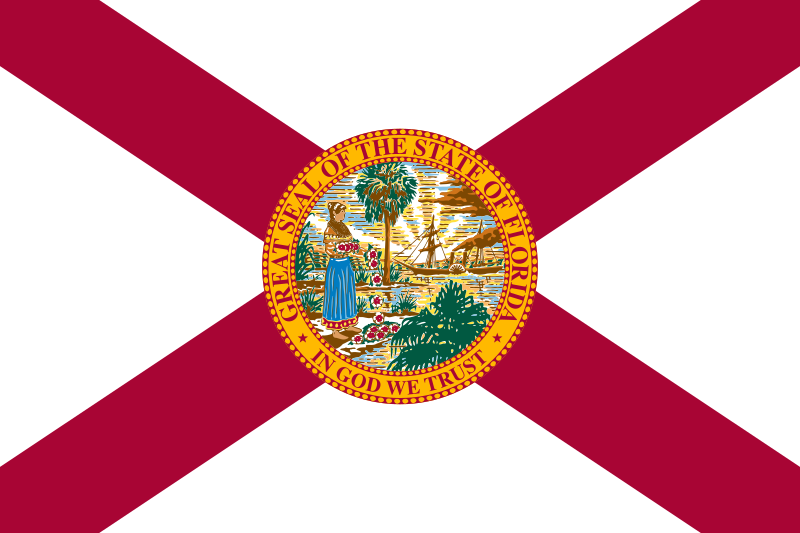
The Hillsborough County School Board in Florida approved new sex education curriculum for seventh, eighth, and ninth-grade students on September 20, 2022. The curriculum has been the subject of debate as parents and teachers have spoken publicly in favor of and in opposition to the proposed materials. The curriculum aims to provide “consistent and medically…

